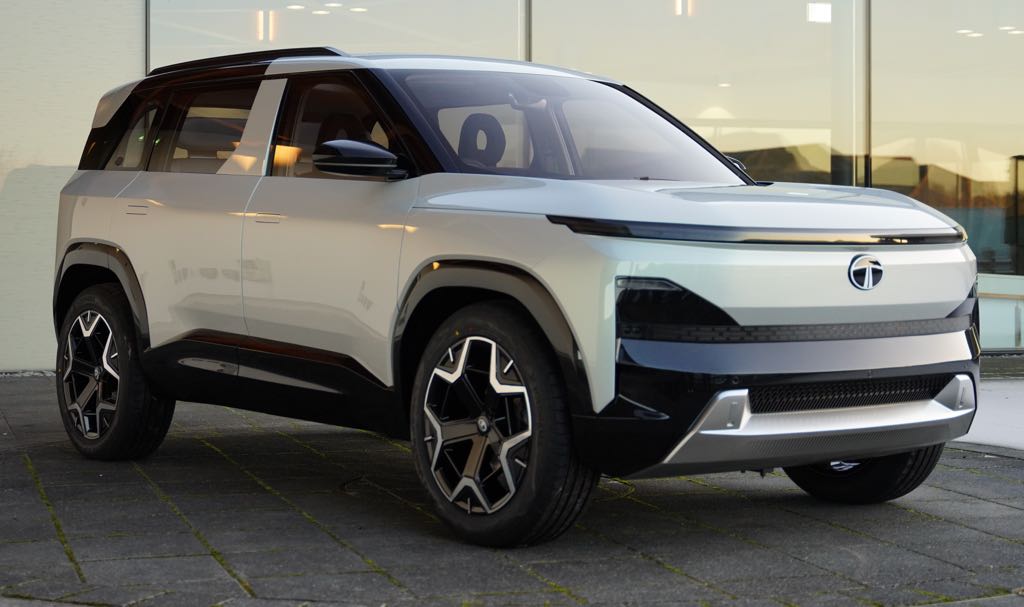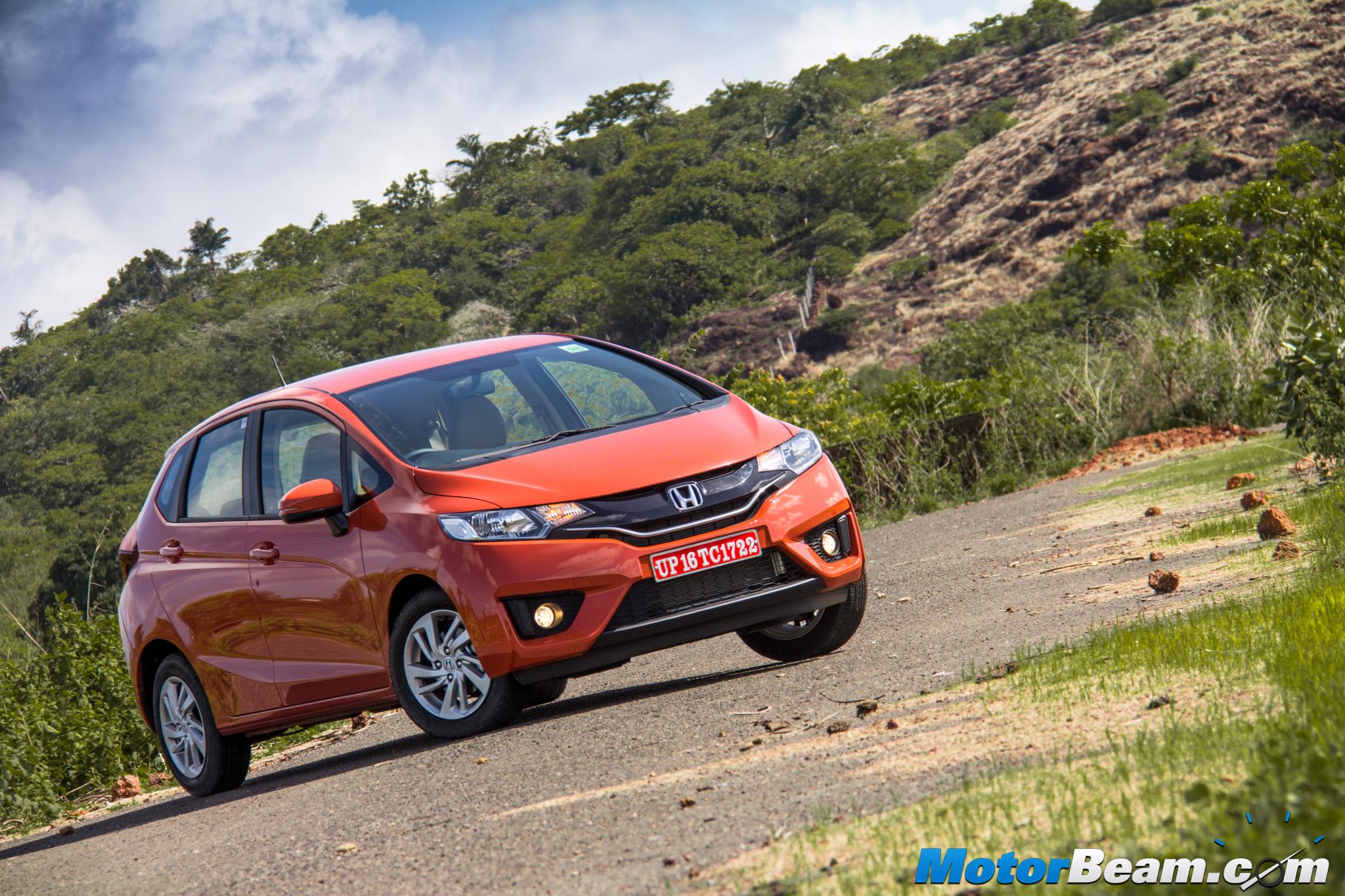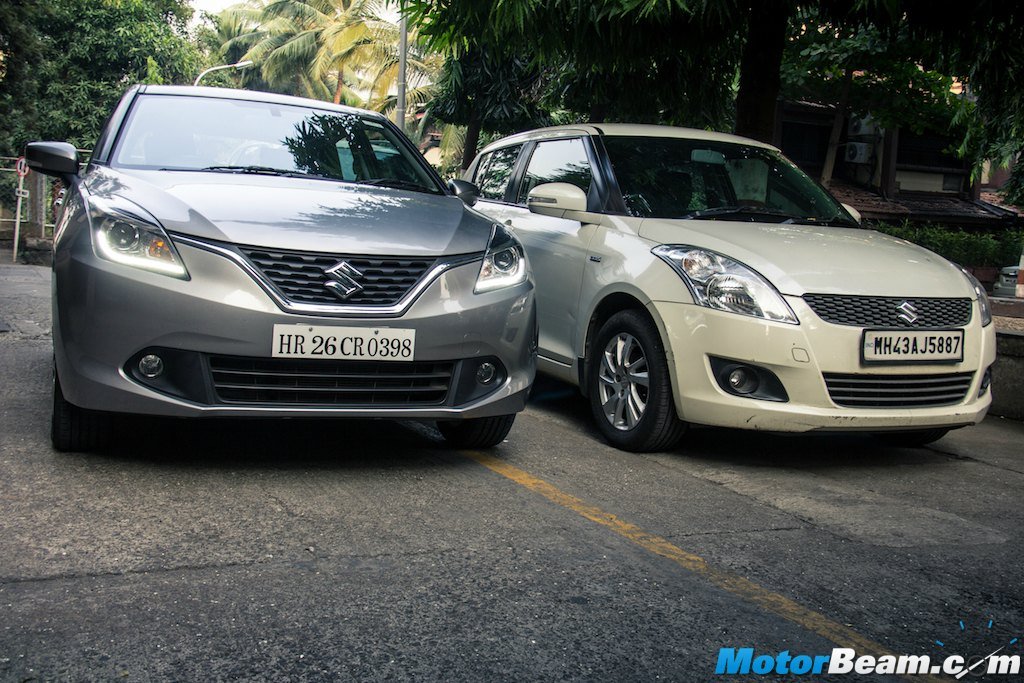
Electric cars have become very popular recently in India. There are car buyers who intend to reduce their carbon footprint and take advantage of the many benefits that electric vehicles offer. However, as with any new technology, there are both pros and cons to electric cars. Let’s take a look at the main advantages and disadvantages of electric cars.
Pros of Electric Cars:
- Environment Friendly: The most obvious advantage of electric cars is their positive impact on the environment. Unlike ICE powered cars, electric cars emit no harmful pollutants or greenhouse gases, which can lead to cleaner air and a healthier planet.
- Running Costs: Electric cars can be significantly cheaper to operate than ICE cars. While electricity prices vary depending on location, charging an electric car is typically less expensive than filling up a petrol or diesel tank. There are some public places and dealerships in India where you can even charge your EV for free. Additionally, electric cars require less maintenance than traditional cars, as they have fewer moving parts that can break down.
- No Noise: Electric cars are much quieter than ICE cars, which can be a significant benefit for people who live in urban areas or near busy roads. The quiet operation of electric cars can reduce noise pollution and make for a more peaceful driving experience for some. However, there are purists like us who love the sound of an engine.
- Subsidies: Many governments around the world including India offer incentives for people who purchase electric cars, such as tax credits, rebates and reduced registration fees. These subsidies can make electric cars more affordable for many people.
- Performance: Electric cars have the potential to offer excellent performance, with instant torque and smooth acceleration. Even a mass market electric car can give a traditional petrol powered sports car a run for its money in terms of acceleration.
Cons of Electric Cars:
- Range Anxiety: One of the main disadvantages of electric cars is their limited range. While some newer electric cars can offer ranges of over 500 km on a single charge, most electric cars have a range of 200-300 km. This limited range can make electric cars impractical for some people, especially those who need to drive long distances regularly.
- Charging Ecosystem: While charging an electric car is typically cheaper than filling up a fuel tank, it can take significantly longer. Depending on the charging method used, it can take up to 10 hours to fully charge an electric car. While the number of charging stations is growing, there are still far fewer charging stations than fuel stations in India. Apart from that, there are limited organised parking spaces in India, many owners park their cars on the side of the road. It is a big disadvantage for them to switch to EVs.
- Mining: The production of batteries for electric vehicles requires mining of certain minerals and metals such as lithium, cobalt, nickel, manganese, etc. The mining process of these materials can have environmental and social impacts. With the increase in EVs adoption, mining is drastically increasing across the world. It can cause significant environmental damage such as deforestation, soil erosion and water pollution.
- Upfront Costs: While electric cars can save money in the long run, they often have higher upfront costs than ICE-powered cars. This can make it difficult for some people to afford an electric car, especially if they are on a tight budget. For instance, the Tata Nexon comes with a starting price of Rs. 7.80 lakhs (ex-showroom), while the EV version is priced from Rs. 14.50 lakhs (ex-showroom).
- Battery Life: The batteries in electric cars can degrade over time, leading to reduced range and performance. While most electric car batteries are designed to last for many years and come with a warranty of around 8 years, they can be expensive to replace when they do fail. This also affects the resale of an electric vehicle. The value of an EV will go down drastically considering the deteriorating battery life.




